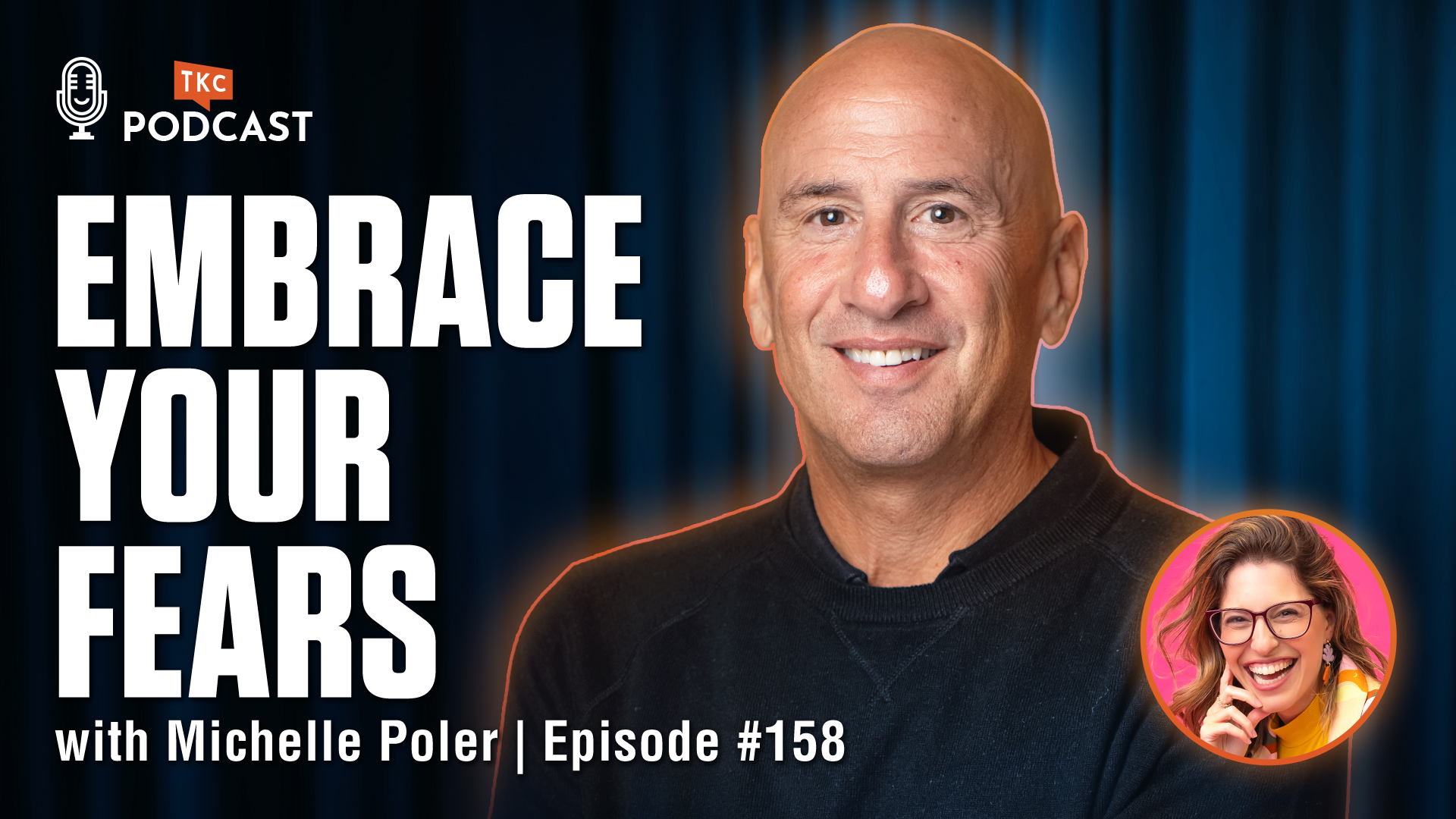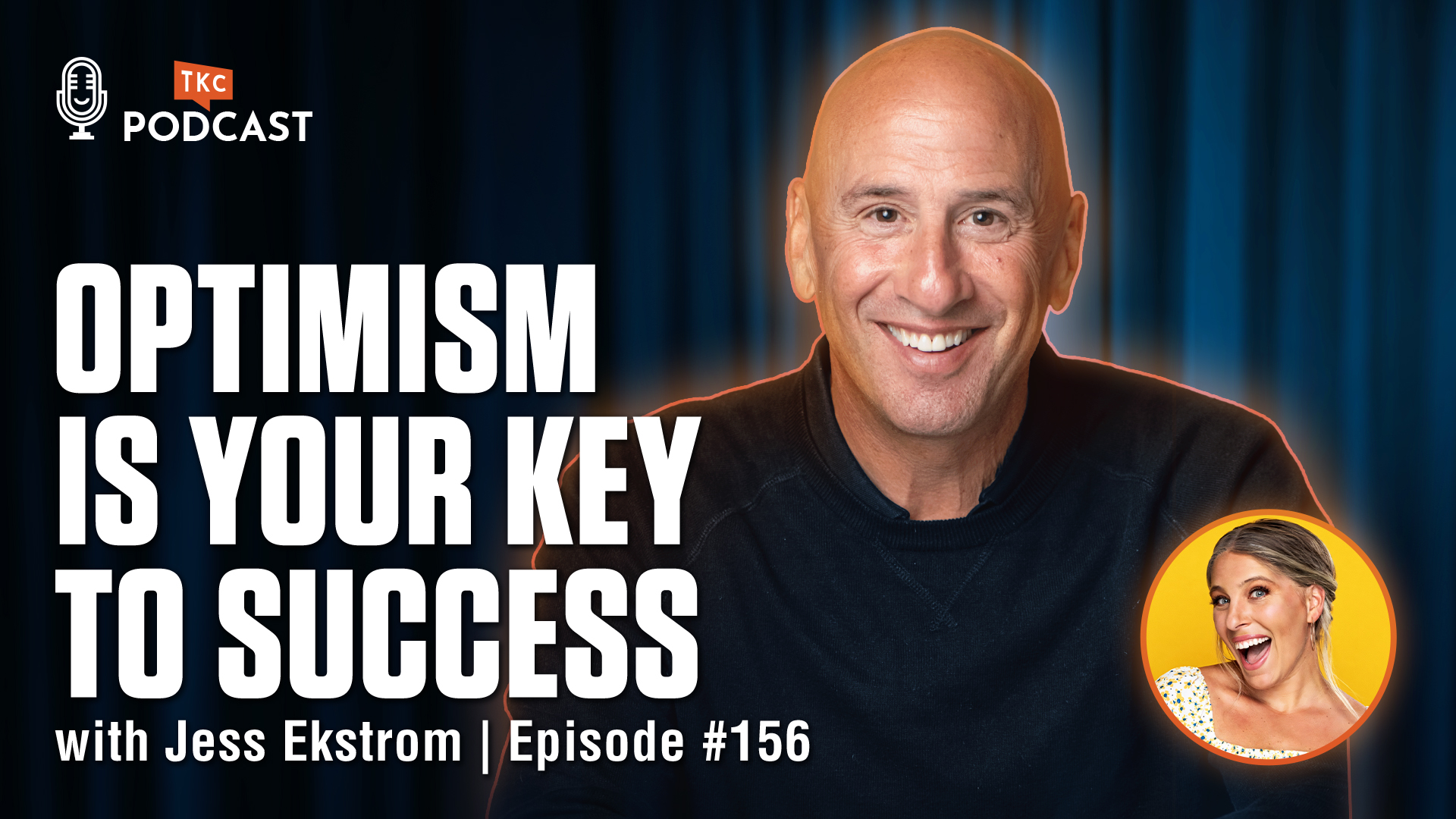
November 18, 2024Navigating Romantic Relationship Dynamics (Hidden Secrets!)
Explore insights from relationship keynote speaker Dr. John Gray on navigating romantic relationships, evolving roles, and fostering intimacy.
Navigating the Balance of Independence and Intimacy in Relationships
Why does it sometimes feel like romantic relationships are a delicate balancing act between independence and intimacy? For many couples, the dynamics of a relationship can feel like an endless tug-of-war, with each partner trying to balance personal needs with emotional connection. In this insightful discussion, Dr. John Gray, world-leading relationship expert and author of Men Are from Mars, Women Are from Venus, dives into the nuances of these dynamics, offering secrets that can help you build a more fulfilling relationship.
Through decades of research, Dr. Gray has explored how gender roles, biological differences, and relationship dynamics impact how couples connect. By understanding these factors, he argues, couples can work towards deeper intimacy and communication that honors each partner’s needs and unique wiring.
The Science of Relationship Dynamics: Gender Roles and Biological Differences
In his groundbreaking book, Men Are from Mars, Women Are from Venus, Dr. Gray explored how biological differences influence relationship dynamics. Men and women, he argues, approach relationships with distinct needs, driven by hormonal differences. These biological factors can often create misunderstandings if not recognized. As Dr. Gray explains, “Women require ten times more estrogen than men to feel balanced.” This fundamental difference shapes how each partner experiences connection and intimacy.
Men, on the other hand, thrive on testosterone, which supports their sense of strength, confidence, and independence. Dr. Gray points out that if men feel “underappreciated” or “micro-managed,” their testosterone levels can dip, leading to feelings of inadequacy and frustration. When these biological factors are acknowledged, partners can better understand each other’s needs, which can be pivotal in maintaining a healthy relationship.
How Hormonal Balance Affects Relationship Dynamics
- Estrogen in Women: Women’s need for estrogen makes them more sensitive to nurturing, appreciation, and security. When these needs are met, they feel emotionally balanced and open to intimacy.
- Testosterone in Men: Men’s sense of confidence and independence is largely tied to testosterone. Dr. Gray advises that allowing men “cave time” or solo time can support their need for independence, helping them return to the relationship with a renewed sense of connection.
These insights reveal that embracing each other’s biological differences doesn’t weaken a relationship—it strengthens it, helping partners support each other in meaningful ways.
Evolving Gender Roles and the Impact on Relationships
As society progresses, gender roles in relationships have evolved, sometimes creating role reversal that challenges traditional dynamics. With more women taking on leadership roles and more men involved in family life, both partners may feel the strain of balancing independence with emotional needs. Dr. Gray notes that while these evolving roles empower individuals, they also come with new emotional stresses that can disrupt intimacy and harmony.
Dr. Gray’s approach to these shifting dynamics is rooted in balance. For men, providing appreciation, security, and presence can help women feel valued and supported. Similarly, when women respect men’s need for independence and encourage their strengths, they foster an environment that allows both partners to thrive.
Tips for Navigating Role Reversal in Relationships
- Balance Independence with Togetherness: Allow each partner space to pursue personal goals while making time for meaningful connection.
- Adapt Communication Styles: Adjust how you communicate based on the other’s needs. For example, Dr. Gray suggests that “Communication to raise a man’s testosterone fosters intimacy and understanding.”
- Acknowledge and Adapt to Change: Embrace changing roles as opportunities for growth. Adaptability is key to maintaining respect and intimacy.
Communication Skills: Bridging the Emotional Gap
Effective communication lies at the heart of a successful relationship. Dr. Gray emphasizes that certain communication techniques can foster both intimacy and trust, enhancing the relationship on a deeper level. For example, he encourages women to express their appreciation for what their partners bring to the relationship, as this boosts men’s testosterone and makes them feel valued. For men, providing reassurance and presence helps elevate a woman’s estrogen, creating a balanced emotional environment.
Dr. Gray teaches couples to speak in ways that honor each other’s unique needs, acknowledging that “The skills that I teach about how to have a relationship work are ways women can communicate to raise a man’s testosterone, and ways a man can communicate to raise a woman’s estrogen.” This approach encourages partners to become more mindful of their communication styles, ultimately building a stronger, more understanding connection.
Communication Techniques to Foster Intimacy
- Express Appreciation: Acknowledging each other’s efforts fosters connection. Simple acts of gratitude can go a long way in creating a balanced, loving relationship.
- Practice Active Listening: Listening without judgment or interruption helps each partner feel heard and respected, reducing emotional stress and misunderstandings.
- Use “I” Statements: Sharing feelings in the form of “I” statements (e.g., “I feel valued when…”) encourages open, non-blaming communication that enhances trust.
The Role of “Cave Time” and Appreciation in Boosting Intimacy
One of Dr. Gray’s central tenets for maintaining intimacy in relationships is respecting each partner’s need for personal time, which he affectionately calls “cave time” for men. Allowing men this time to recharge alone or pursue hobbies independently is crucial for rebalancing their testosterone levels. When men return from “cave time,” they feel more present and engaged in the relationship, fostering a sense of closeness.
For women, Dr. Gray advises that men can help elevate their partners’ estrogen levels by providing appreciation, active listening, and quality time. As Dr. Gray explains, “Communication to raise a man’s testosterone fosters intimacy and understanding,” emphasizing that both partners benefit from creating space for each other’s needs.
Practical Tips to Strengthen Intimacy Through Appreciation
- Encourage “Cave Time” for Men: Give men the space they need to unwind and recharge, enabling them to return to the relationship with renewed energy.
- Express Appreciation Regularly: Small gestures of gratitude and appreciation boost emotional balance, making partners feel valued and loved.
- Engage in Meaningful Quality Time: Spend time together without distractions, focusing on each other’s presence to strengthen the emotional connection.
Understanding Emotional Stress and How to Manage It
Relationships are often subject to emotional stress, especially when partners are not fully aware of each other’s emotional needs. Dr. Gray emphasizes the importance of managing stress through self-awareness and respect for each other’s coping mechanisms. Recognizing these emotional stress points can help partners approach challenging moments with empathy and patience, reducing conflict.
For instance, if one partner feels overwhelmed, it’s essential to offer support rather than push for solutions. As Dr. Gray shares, understanding and respecting each partner’s emotional processes can lead to a more balanced and harmonious relationship.
Ways to Manage Emotional Stress
- Recognize Each Other’s Triggers: Be aware of emotional triggers and how they impact each partner’s stress levels. This awareness helps you offer support when needed.
- Respect Coping Styles: Each person copes with stress differently. Understanding your partner’s preferred coping method fosters empathy.
- Practice Empathy and Patience: Give each other the grace to experience and process emotions, building a stronger foundation for the relationship.
Embracing the Complexity of Modern Relationships
Romantic relationships in today’s world are complex, with evolving gender roles, hormonal differences, and varying emotional needs. Dr. John Gray’s insights remind us that it require more than love—they require understanding, adaptation, and a commitment to balance. By learning to navigate each other’s unique emotional landscapes, couples can foster deeper intimacy, resilience, and trust.
Understanding the principles of “cave time”, appreciating each other’s contributions, and communicating thoughtfully are just a few of the strategies that can help couples navigate the ever-changing dynamics of relationships. As Dr. Gray says, “Women require ten times more estrogen than men to feel balanced,” emphasizing the importance of recognizing each other’s unique biological needs in building a fulfilling connection.
Ready to Take Your Relationship to the Next Level?
? Watch the full interview with Dr. John Gray here
? Hire relationship keynote speaker Dr. John Gray for your next event
? Schedule a call: Book here
✉️ Contact us today: info@thekeynotecurators.com
Discover More Insights
Get in TouchContact US
Fill out the form so we can best understand your needs.
A representative from The Keynote Curators will reach out to you.








